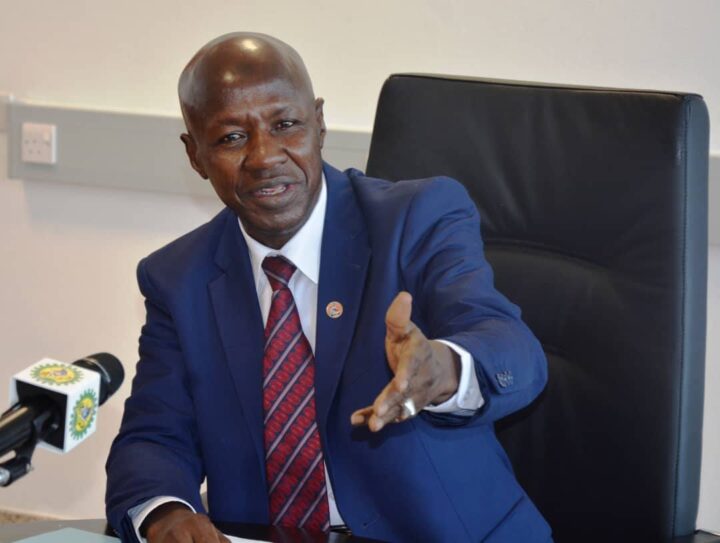The Nigeria Customs Service (NCS) says poor border demarcations are major challenges affecting the fight against the high rate of petrol smuggling.
Timi Bomodi, deputy comptroller, NCS, said this on Wednesday while speaking as a guest on an anti-corruption radio programme, PUBLIC CONSCIENCE, produced by the Progressive Impact Organisation for Community Development, PRIMORG, and sponsored by MacArthur.
Bomodi said massive physical territory at the borders with neighbouring countries is one of the challenges stemming the tide of fuel smuggling.
He added that NCS has been devising strategies to reduce smuggling along Nigeria’s porous borders.
Advertisement
According to him, the NCS would ensure that “bad eggs” within and outside the service are dealt with appropriately.
“We have families that are spread between both countries, and we have houses that are sitting in the middle of these borderlines, and you can’t tell. The frontage of a house may be in Nigeria, and the back of the house is in Niger, so it is in Cameroon, so it is in Benin, and in these other places,” he said.
“Communities are split between Nigeria’s neighbouring countries because their lives are always interfacing. It becomes difficult to manage since it is not a straightforward approach that any government can adopt, but it is important to note all these factors. Then you can appreciate the efforts the Nigeria Customs Service is making to stem the incidence of smuggling petroleum products.”
Advertisement
Bomodi’s statement comes on the heels of a recent investigation by TheCable, which exposed the booming business of petrol smuggling across Nigerian borders, aided by security agencies, cartels, and non-state actors.
About 116.46 million litres of petrol were stolen, while fuel smuggling across the borders increased the consumption of premium motor spirit to 102 million litres per day in 2021, according to the Nigerian National Petroleum Company Limited (NNPC).
The situation has also been blamed for the reducing gains in the oil and gas sector.
Speaking further on the issues, Bomodi, who doubles as public relations officer of NCS, said the service is also confronted by a lack of adequate personnel to man the border territories while assuring their continued efforts to fight corruption within the service.
Advertisement
He added that strategies and technology are already reducing petrol smuggling across Nigeria’s borders.
“In the past three or four years, the service (NCS) has dismissed, demoted, and suspended a huge number of its complicit personnel in any smuggling,” he said.
“It is not only border officers. We are talking about officers that work even in the ports or airports, there are sanctions, and the current Comptroller General is indeed very strict about this.
“Nigeria customs service is gradually tilting towards minimizing physical contact in all its activities. We are deploying technology and moving into the era of e-Customs.”
Advertisement
Reacting to TheCable’s investigation, Faith Nwadishi, executive director, Center for Transparency Advocacy, noted that impunity is the primary reason petrol smuggling is still thriving across Nigeria’s borders.
Nwadishi supported the deployment of technology in customs operations at the border posts while urging citizens to demand accountability from public servants and always report corruption.
Advertisement
“The problem is that we keep giving estimates of local consumption of petrol that we have in Nigeria,” she said.
“The solution is that Nigerians should wake up. We have to demand accountability because when we don’t demand accountability, nobody gets it. It is not for the security agencies alone or those in government or NASS.”
Advertisement
On his part, Ebenezar Oyetakin, executive secretary, Anti-corruption Network, further suggested the establishment of petrol stations in neighbouring countries to reduce smuggling drastically.
Advertisement
Add a comment







